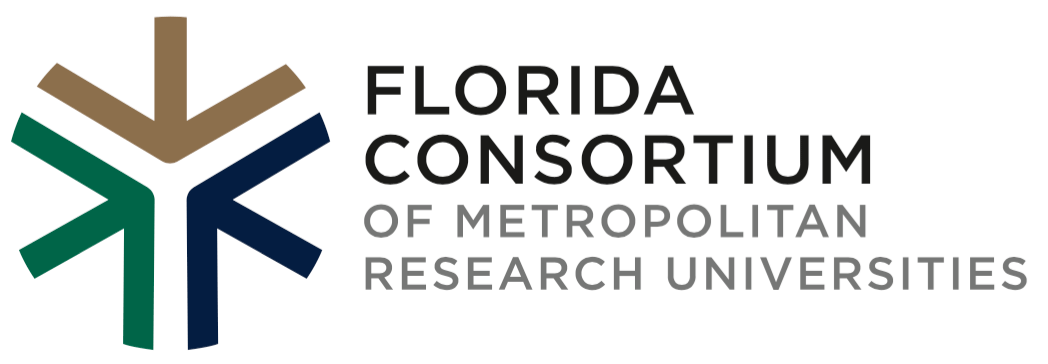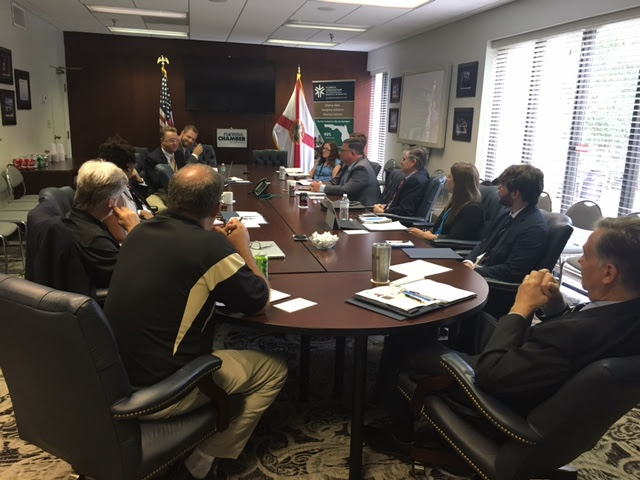According to the Jobs 2030 report released the state of Florida will need to create over 2 million additional jobs by 2030 to keep up with the state’s expanding population growth. Many of these jobs will be in the high-tech sector, healthcare, and other STEM focused careers. These jobs will likely require job seekers to have a college degree or post-secondary certificate to qualify for and secure these opportunities.
Why is this important? Currently, Florida ranks 30th in degree attainment with just 38.6% of Floridians holding a post-secondary degree or certificate. Let’s do the math, in order to meet the demands of this changing job market Florida will need to raise that number to 60% or higher. Talent development at the post-secondary level is mission critical to attracting high quality jobs to Florida, promoting economic stability for our citizens, and perhaps providing opportunities for populations of Floridians that have been left behind in the past.So how and what do we do?
We must reach out and collaborate in ways that we have not in the past and partner at scale. The College to Career Continuum project is one way we’re doing so. This partnership funded by the Helmsley Charitable Trust and coordinated by the Florida Consortium of Metropolitan Research Universities. In keeping with the vision of the College to Career Continuum’s mission, the Florida Consortium of Metropolitan Research University organized the first of key Statewide Employment Summits. Representatives from the Florida Chamber Foundation, Department of Economic Opportunity, Florida College System, State University System of Florida, and Enterprise Florida as well faculty and career services administrators from Florida International University, University of Central Florida and University of South Florida convened in Tallahassee.
The group discussed careers and higher education’s role in supplying the workforce needs of the sunshine state. It’s worth noting, Florida Consortium member institutions represent over 170,000 college students or nearly 50% of the total State University System enrollment in the economic centers in the state. This joint effort is revising the transition from college to careers narrative. In this revised narrative, we’re leaving traditional silos and conventional thinking by the way side and instead connecting employers, local and statewide partners, universities and students for the very real future of work.
Establishing new ways to approach talent and economic development will require a lot of ground work and commitment. However, maintaining communication and working together could invigorate the talent supply chain for the state of Florida in ways and at a pace unlike anything we’ve seen before. This worthy pursuit requires a shift in mindset and an all hands on deck approach.
Sources:
The Florida 2030 Project – The Florida Chamber of Commerce Foundation http://www.flchamber.com/florida-2030/

